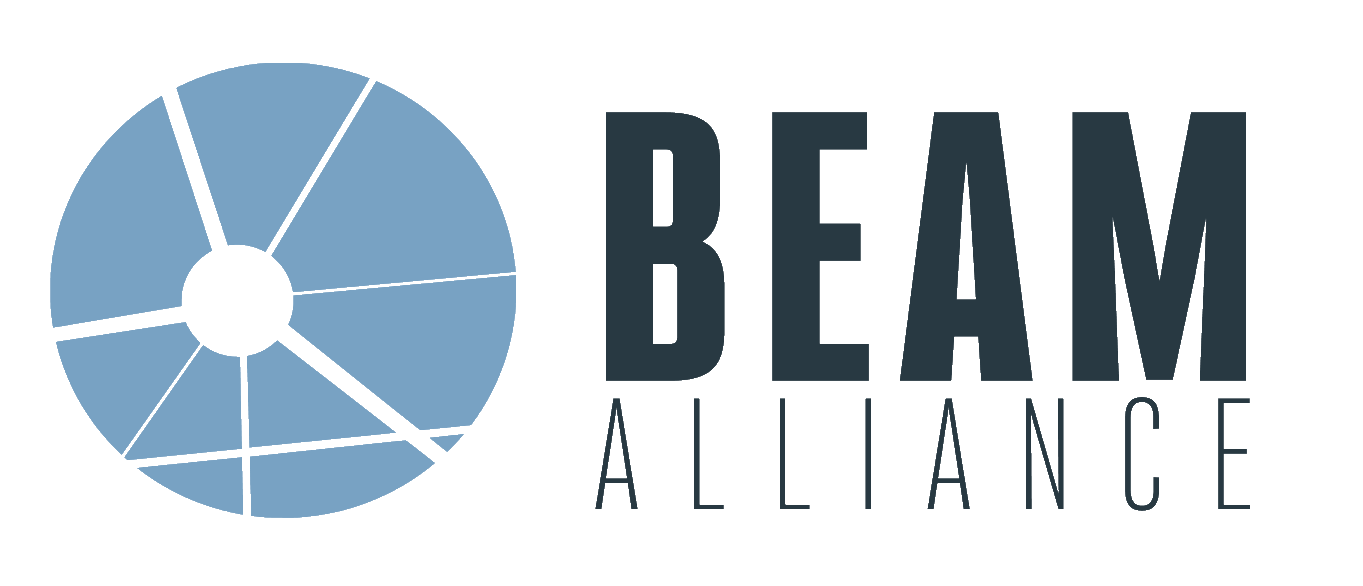Germany and other funders pledge support to GARDP to ramp up efforts in countering antibiotic resistance
- GARDP Foundation

Berlin, 17 October 2022 – The German Federal Ministry of Education and Research today announced an additional funding of EUR 50 million to support the vital work of the Global Antibiotic Research & Development Partnership (GARDP) over the next five years (2023-2027). Germany’s contribution will allow GARDP to develop new treatments for drug-resistant infections and ensure they are available for every person who needs them. The announcement was made on the occasion of the World Health Summit in Berlin.
“Multiresistant bacteria present an ever greater threat to people worldwide,” said Bettina Stark-Watzinger, Germany’s Federal Minister of Education and Research. “Even bacterial infections that have so far been easy to treat may become life-threatening because many antibiotics are no longer effective against such pathogens. I am therefore pleased that my Ministry will support the Global Antibiotic Research and Development Partnership with a further 50 million euros to promote research and development for urgently needed innovative antibiotics. Germany thus remains a strong and reliable partner in the fight against multiresistant bacteria. It is GARDP’s goal to develop five new treatments by 2025 to tackle drug-resistant infections.”
Germany has been a strong supporter of GARDP since 2016 and has played a leading role in efforts to tackle antibiotic resistance. With the additional funding, Germany remains GARDP’s largest funder, bringing its total contributions to EUR 116 million.
“We are deeply grateful to Germany for its renewed investment in GARDP, which characterizes their remarkable leadership in global health and efforts to tackle the existing pandemic of antibiotic resistance,” said Dr Manica Balasegaram, Executive Director of GARDP. “Germany’s contribution recognizes that effective antibiotics are the foundation of modern medicine. Without them, routine surgery, childbirth and chemotherapy will no longer be safe, and common infections will no longer be treatable.”
Other funders have joined Germany in pledging support for GARDP’s clinical development and access activities. The Government of the Principality of Monaco has pledged EUR 400,000 over the 2022-2024 period to support GARDP’s work to address neonatal sepsis in Africa, bringing its financial support to EUR 800,000 since 2019. The reduction of infant mortality remains a priority for Monaco and the renewed funding will help GARDP to develop new combination treatments for newborns with sepsis, a life-threatening bloodstream infection.
Wellcome and the Canadian government have also pledged their support for further developing SECURE, a new antibiotic access initiative by GARDP and the World Health Organization (WHO). Wellcome has announced CHF 1.2 million (GBP 1 million) for SECURE, and Canada has committed to provide CAD 300,000 (EUR 222,000). SECURE seeks to accelerate access to a portfolio of essential antibiotics for countries in need and ensure their appropriate use. The seed funding will be used in the development phase of SECURE in order to launch in the first participating countries by 2024.
“Effective antibiotics are a vital feature of modern healthcare,” said Jeremy Knox, Head of Policy, Infectious Disease at Wellcome. “Improving access and affordability of potentially lifesaving antibiotics is central to preventing avoidable suffering. Chronic gaps in these areas also fuel the escalating threat of development of drug-resistant infections, so we need to focus on finding solutions to improve access to antibiotics for everyone, everywhere. Wellcome is proud to be funding the SECURE initiative, which is a major step forward in addressing this global failure, and ensuring we find the political, practical, and financial solutions we so vitally need to allow people around the world to benefit from new and existing antibiotics.“
Antimicrobial resistance (AMR), including antibiotic resistance, is one of the top 10 global health threats. In 2019, nearly 1.3 million people died as a result of drug-resistant bacterial infections, more than HIV (~860,000) or breast cancer (~700,000).
One in 5 deaths caused by drug-resistant infections occur in children under the age of five, and up to 3 million newborns get serious infections that lead to sepsis every year. Serious bacterial infections are also among the major causes of death for people in hospitals and other healthcare settings.
“The burden of infectious disease and impact of AMR fall heavily on low- and middle-income countries, which is why the work that SECURE is spearheading is so important,” said Minister Jean-Yves Duclos, Canada’s Minister of Health. “The hard-learned lessons of COVID-19 taught us the importance of global readiness, collaboration and equitable access of life-saving medicines for all. Just like COVID, AMR is a threat that knows no borders and requires a united approach. To that end, Canada is pleased to be able to contribute to SECURE’s initiative, bringing us a step closer to global preparedness on AMR and increasing access to the necessary antimicrobials that we all depend on.”
Antibiotic resistance became a top priority among both G7 health and finance ministers as part of Germany’s G7 presidency this year. In May 2022, the G7 Health Ministers signalled strong support for GARDP’s pivotal work, underlining the importance of closing GARDP’s funding gap, accelerating antibiotic research and development efforts, and supporting antibiotic access initiatives like SECURE.
GARDP addresses many urgent public health threats. They include sepsis in newborns and children, serious bacterial infections in adults, and sexually transmitted infections, including gonorrhoea, which affects 82 million people each year and disproportionately harms women.
Full PR available here

